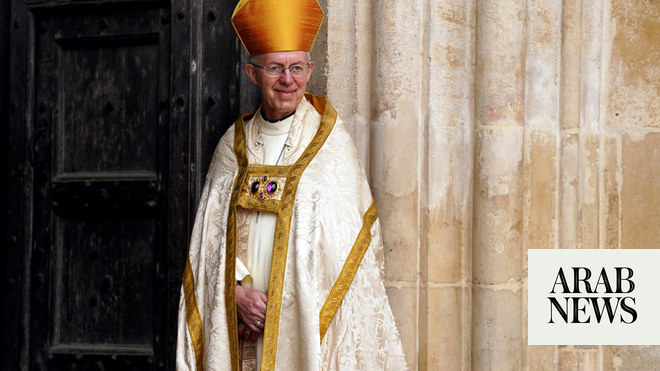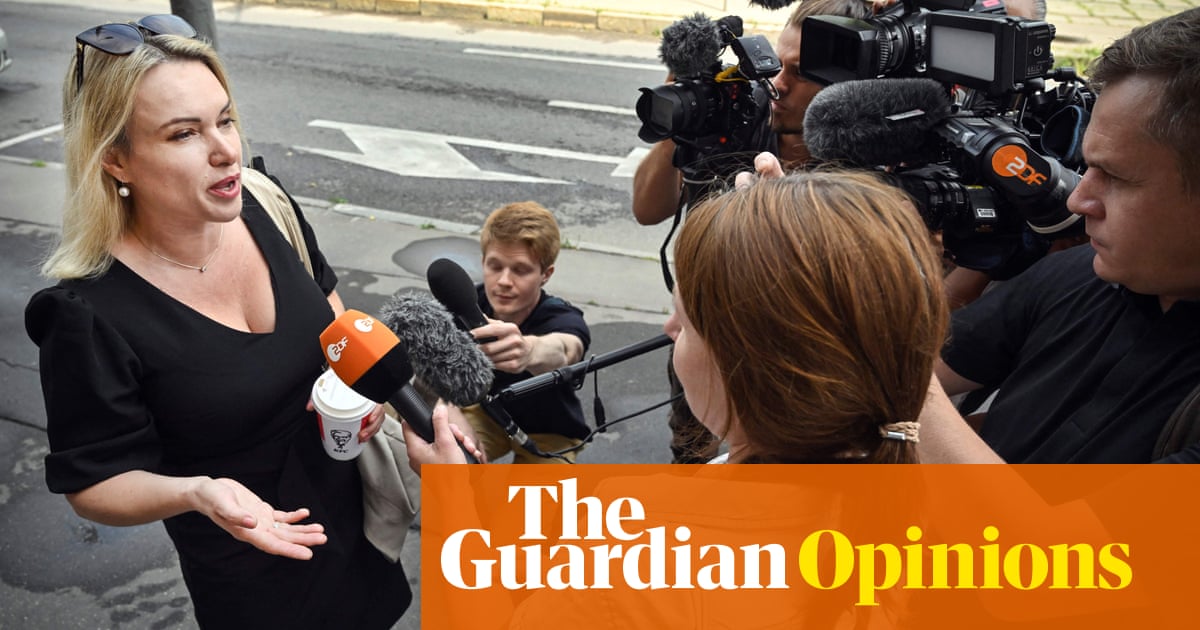
Two thousand years ago, Ecclesiastes taught that even a king is subservient to the soil. That includes prime ministers and chancellors; we are all dependent on and an interdependent part of nature.
Never before has there been a time when it is so urgent to budget for the benefit of the Earth. I am one of millions who imagined that Boris Johnson’s promise last year to “build back greener” was truly intended. I expected that the government of the country, entrusted with hosting Cop26 – the most important gathering ever for the future of our planet – would show that it means what it says and put its money where its slogans are.
Wednesday’s budget dashed these hopes. One congregant told me: “I couldn’t bear to listen after hearing that fuel tax on inland flights would be cut.” It’s hard to understand why flying would be rewarded on precisely those journeys which could, and should, be made by train. It undermines the justification for building HS2, with the huge damage inflicted on ancient woodlands, if rail travel is not prioritised. Equally incomprehensible is the continued freeze on car fuel, when the infrastructure for electric cars and lorries so desperately needs proper funding. One of the key demands of Faith for the Climate is the ending of subsidies and support for fossil fuels, at home and across the globe. Why give the opposite message?
No less dispiriting is what’s absent from the budget: serious incentives for the development of the green economy and the much-needed jobs it promises to offer. Innumerable business leaders have urged the government to offer such encouragement, including members of the government’s own Climate Change Committee and its chief scientific adviser, Sir Patrick Vallance. Money urgently needed to enable the world’s poorest, most affected countries to adapt to climate change is also not evidently forthcoming.
As a founding rabbi of EcoSynagogue, working closely with Eco Church and senior faith and environmental leaders across the world, I am passionately engaged with climate justice, global warming and biodiversity. The Hebrew Bible sees human beings as guardians of the Earth, entrusted to work it for the benefit of all life. The Bible’s central values are justice and compassion. The Torah repeatedly reminds us of our responsibility to our children. We owe them the legacy of a viable and sustainable planet, rich in life. We are not entitled to commodify, monetise and exploit creation. We are not entitled to follow short-term self-interest only. It’s not a case of “Tomorrow we may die”, but “Tomorrow they, the world’s children, will die”. The future of all life is in our hands.
These principles, by which I seek to live as a Jew, are shared by all religions and innumerable people of no faith alike.
Deeper than the anger are the anguish and fear I experience and share with so many. I feel desperate that, while lip service is duly paid to what we know we need to do, in the UK and across the world, the government’s actions point in a different direction. Where the money goes is what sends the real message.
Yet the time is right for change. Covid has led to a deeper awareness of our interdependence as a society; we’ve learned to value people whose work we took for granted: hospital teams, men and women who fill the shelves in the shops, keep the buses on the road and collect our rubbish. We’ve been vividly presented with the interconnectedness of the fate of humanity across the globe. We’ve experienced more closely than before our interconnectedness and interdependence with nature. These are learnings we cannot afford to squander.
Faith leaders will be strongly represented at Cop26; Pope Francis himself will be attending. We will be working together across our religions, determined to live by our values and tell truth to power. We are not about to give up.
Jonathan Wittenberg is rabbi of New North London synagogue












